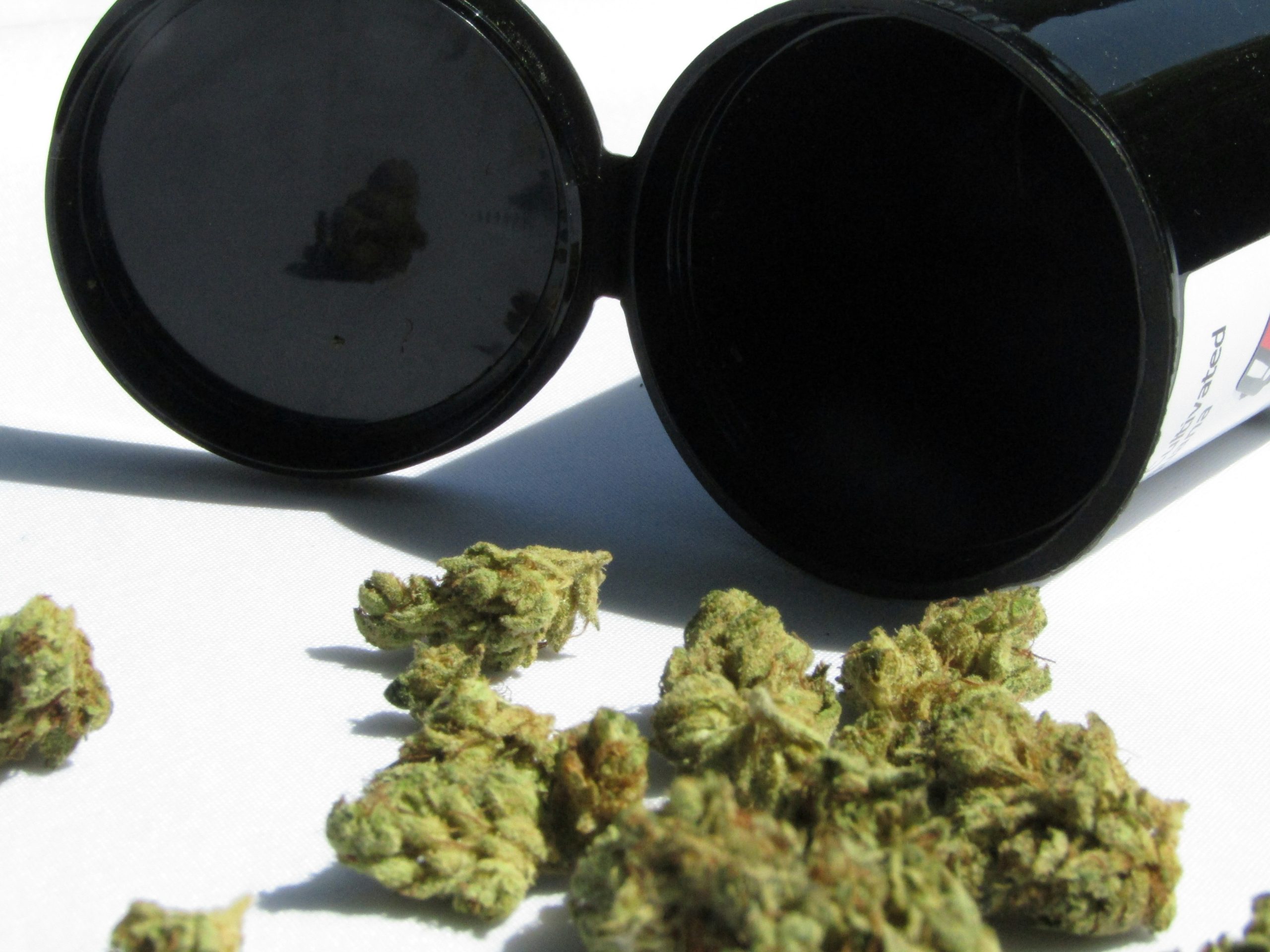Classification of cannabis as a Schedule I drug has been a longstanding issue, shaping the legal context surrounding this plant and influencing public perception. As disagreements surrounding legalization continue, it’s essential to know the intricacies of its designation and far-reaching implications for medical and recreational use.
The Controlled Substances Act (CSA) and Schedule I Classification
The Controlled Substances Act (CSA) of 1970, part of the broader Comprehensive Drug Abuse Prevention and Control Act, aimed to regulate and classify substances based on their potential for abuse and medical utility. Cannabis found itself in the crosshairs of this legislative effort, leading to its inclusion in Schedule I—the most restrictive category.
To be classified as Schedule I, a substance must meet three criteria: a high potential for abuse, no currently accepted medical use, and a lack of accepted safety for use under medical supervision. Cannabis’ placement in Schedule I implies high potential for abuse, no medical benefits, and poses a risk under medical supervision.
The Cannabis Conundrum: High Potential for Abuse?
Supporters of legalization contend that its categorization fails to consider factors like its relatively low addiction potential compared to other substances, including legal ones like alcohol and tobacco. The changing landscape of cannabis laws in various states underscores the evolving perception of its abuse potential.
Over the years, public opinion regarding cannabis has shifted significantly. Many debate that societal attitudes and perceptions of cannabis have evolved, with an increasing acknowledgment of its potential medicinal benefits. States’ decisions to legalize cannabis for medical and recreational use reflect changing perspectives on its abuse potential.
Medical Efficacy: The Tug of War
The second criterion for Schedule I classification—lack of accepted medical use—has faced scrutiny as research uncovers potential therapeutic benefits. Studies have explored cannabis’ efficacy in managing chronic pain, alleviating symptoms of certain medical conditions, and even its potential role in mental health.
The recognition of cannabis’ medical potential has prompted many states to enact medical programs, allowing patients to access cannabis-based treatments for various ailments. Disjunction between federal Schedule I classification and state-level medical legalization stresses the complex nature of cannabis policy in the U.S.
Safety Under Medical Supervision: A Questionable Assumption
The third criterion—lack of accepted safety for use under medical supervision—poses another layer of complications. Skeptics dispute this assumption lacks a nuanced understanding of the plant’s safety profile. While cannabis use is not without risks, advocates contend that responsible and informed consumption, particularly in medical contexts, can mitigate potential adverse effects.
Critics contest that the safety criterion, when applied to cannabis, may not align with the broader landscape of substances legally available for medical and recreational use. However, comparisons with legal substances, such as alcohol and prescription medications, highlight the relative safety of cannabis under certain conditions.
Legal and Social Ramifications of Schedule I Status
The Schedule I classification has profound legal consequences. Federal prohibition inhibits the interstate commerce of cannabis, leading to challenges for businesses operating in states where cannabis is legal. Individuals face legal repercussions, including potential federal charges, despite adherence to state laws in jurisdictions that have legalized cannabis.
The Schedule I status has hindered comprehensive research on cannabis. Obtaining federal approval for research involving cannabis remains a bureaucratic challenge, limiting our understanding of its potential benefits and risks. Researchers assert that reclassifying cannabis could pave the way for more rigorous scientific investigation.
The Call for Rescheduling or Descheduling
Supporters for reform, including rescheduling or descheduling, state legal framework surrounding cannabis must reflect current scientific, medical, and societal understanding. Proposals seek to reevaluate its classification based on recent evidence and to align policy with state cannabis laws.
Rescheduling involves shifting cannabis to a less restrictive schedule, acknowledging its potential medical utility. Descheduling, on the other hand, would remove cannabis from the controlled substances list entirely. Both approaches aim to facilitate research, improve patient access, and address the disparities between state and federal cannabis policies.
Social Equity and Justice Considerations
Critics highlight the disproportionate impact of cannabis prohibition on marginalized communities. Enforcement of cannabis laws has disproportionately affected communities of color, contributing to systemic issues of social injustice. Advocates argue that cannabis policy reform should address the historical injustices perpetuated by prohibition.
Some states with legalized cannabis have implemented social equity programs to address the historical disparities. These programs aim to ensure that individuals disproportionately affected by cannabis prohibition have opportunities to participate in the legal industry. Calls for federal cannabis reform often include considerations for social equity.
Global Implications: Cannabis Policy Beyond U.S. Borders
The Schedule I classification of cannabis in the United States has influenced international drug policy. It has shaped global perspectives on cannabis, impacting how other nations approach its legalization or prohibition. As feelings toward cannabis evolve globally, the United States’ stance may influence international approaches to cannabis regulation.
The changing global landscape, with countries legalizing or decriminalizing cannabis, adds momentum to calls for revisiting its Schedule I status. International discussions on cannabis policy may be influenced by shifts in the United States’ approach.

The Schedule I classification of cannabis represents an intersection of legal, scientific, and social considerations. As public attitudes, scientific understanding, and state laws develop, contradictions of cannabis being both Schedule I and legally accessible in many states become increasingly apparent. The call for policy reform resonates for potential medical benefits and also for addressing historical injustices and fostering social equity.
The future of cannabis policy is linked to ongoing discussion about recreating a legal structure that complements contemporary perspectives. The feat involves navigating webs of federal, state, and international policies for more just and scientifically informed approaches to regulation.
More Content
THE RELATIONSHIP BETWEEN BACKWOODS AND HIP-HOP
TERPENES FOR ANXIETY: 3 TERPS IN CANNABIS WITH STRESS-RELIEVING PROPERTIES
RAPPER WEED: WHICH RAPPERS HAVE CANNABIS PRODUCTS IN THE MARKET? WHO ACTUALLY HAS THE FIRE?
18 COMPANIES THAT DON’T DRUG TEST THEIR EMPLOYEES FOR WEED
7 TIPS FOR MARKETING CANNABIS AND CBD ON TIKTOK AND INSTAGRAM








